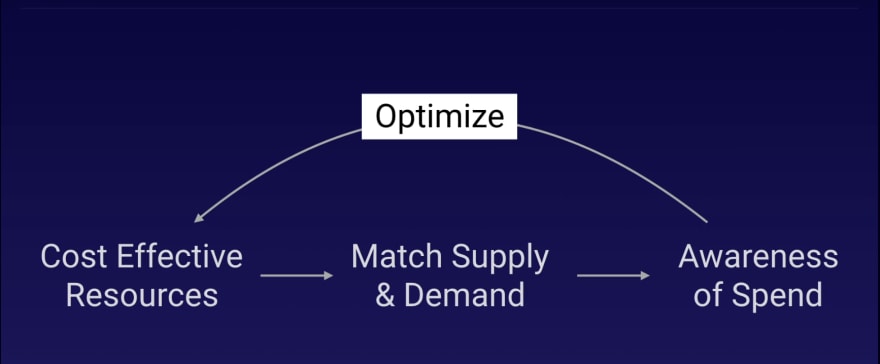For the continuation of the The AWS Well-Architected Framework and it's 5 Pillars Series.
For the others who haven't yet read the initial part of this series, please read the previous parts above or below this article.
Let's continue on diving deep and this time let's venture the Cost Optimization realm to gain knowledge on what are the key areas, what questions you must conquer and what are the key phases involve in this pillar for us to satisfy it's standards.
Cost Optimization
... is a continual process of refinement and improvement of a system over its entire life cycle.
In other words, Maximizing Value - Deliver business value for the lowest price point
To satisfy this pillar, your architecture needs to spend only what you have to leveraging these key areas:
- Consumption-based pricing
- Measure efficiency constantly
- Let AWS do the work whenever possible
Phases
Cost Effective Resources
Use the appropriate resources and configurations:
- Provision to current needs with an eye to future
- "Right size" to lowest resource that meets needs
- Use data to choose purchase options
- Optimize by geography
- Default to managed services
- Optimize data transfer
Matching Supply and Demand
Know how much you're spending and where:
- Understand your stakeholders
- Implement an governance model
- Attribute costs to teams/projects
- Tag AWS resources
- Track the life cycle of resources
Optimize
Continuously work to maximize value delivered:
- Align utilization with requirements
- Report and validate findings
- Evaluate new services for value
- Continue push to managed services
The key takeaways in this pillar is you need to have an ongoing effort to maximize value - awareness of spend is a critical factor in maximizing value.
Follow or Connect with me:








Top comments (0)